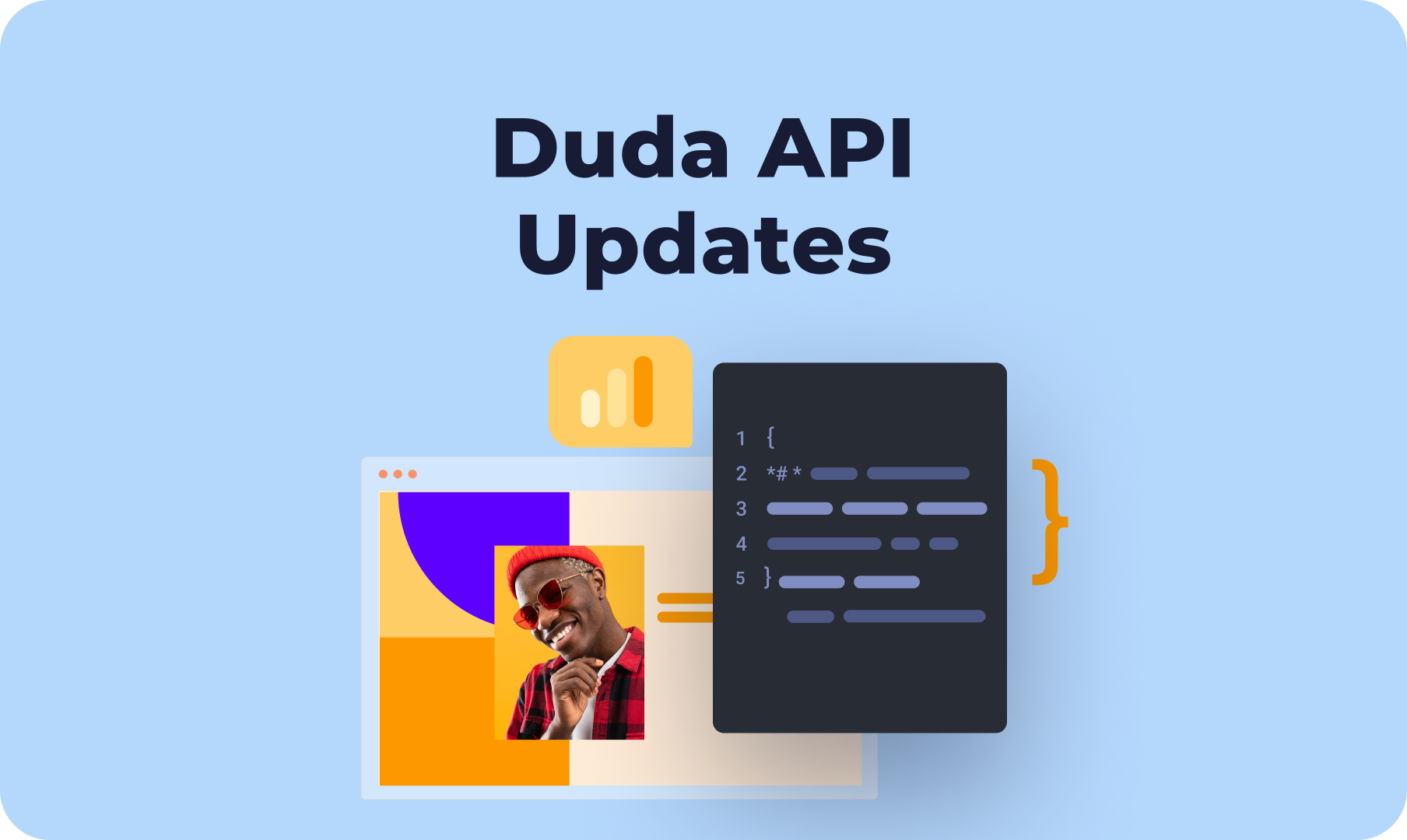

New Paragraph
New Paragraph
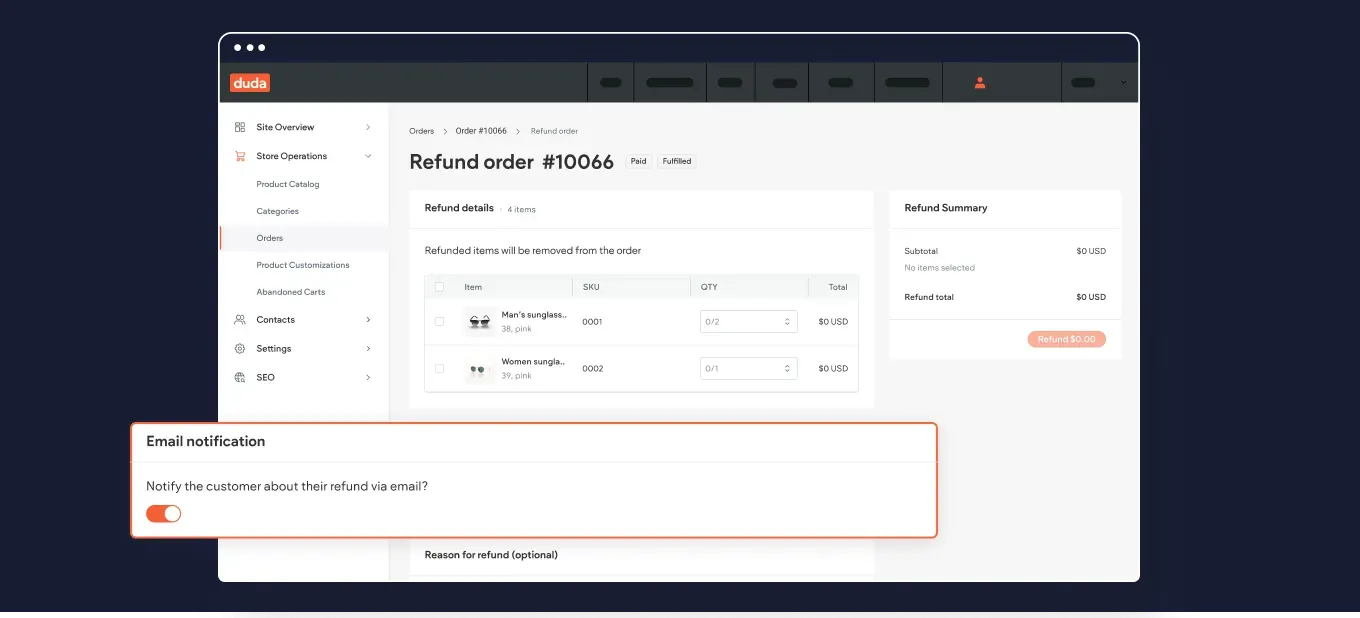
We’ve added new quick edit suggestions right into the AI Content Assistant dialog box, to allow you to shorten, lengthen, and improve text better and faster.
To give an example, if your suggested text is longer than expected, you can easily ask the Assistant to cut it short right here at the click of a button, without needing to re-select the text and open Assistant's text menu all over again.
An added bonus: these actions are also available when generating SEO meta tags for individual fields (only title or description).
We’ve added the option to quickly log in to other workspaces you might need to when working on multiple accounts.
Your Duda profile menu now includes the option to Change Workspace. Opting for this option will show you the available accounts, and clicking each of these will put you through the login to the other account.
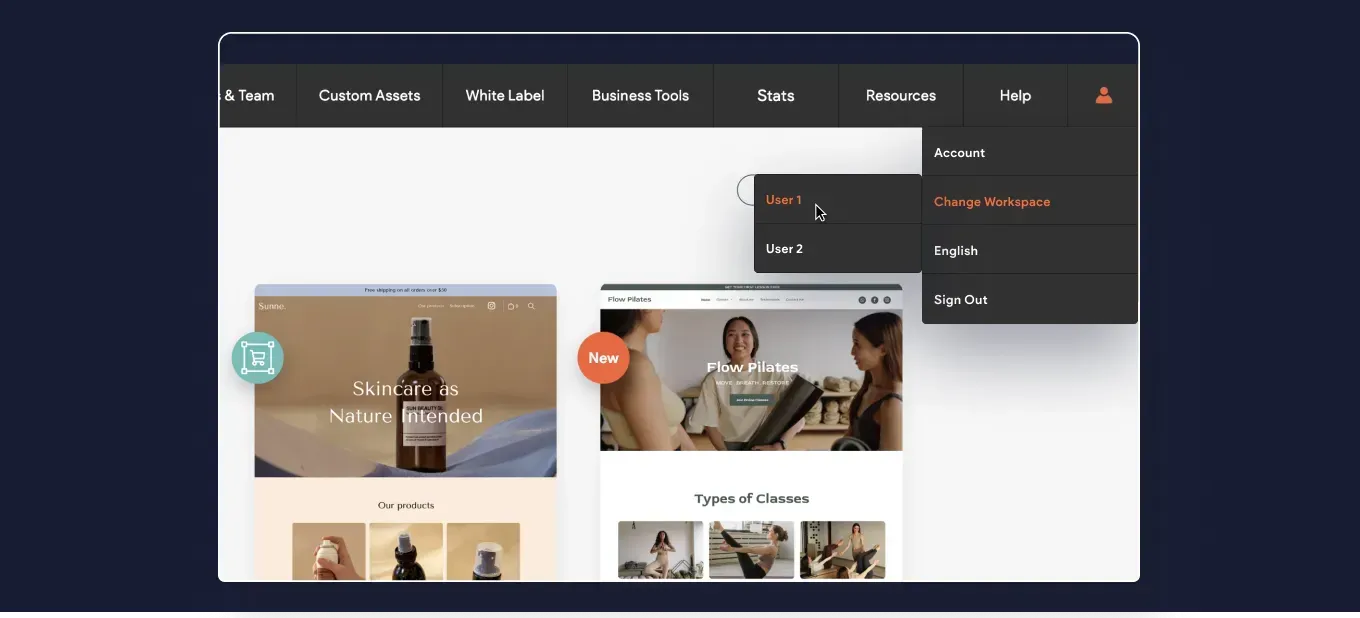
We've added the ability to add inline binding to a page's head HTML. Until now you could connect a Dynamic Page's meta title and meta description to the site’s internal collection, to dynamically show metadata for each page item.
So what’s new? You can now add other metadata, and insert custom code to the Dynamic Page's head HTML. Another option that’s now possible is to connect Content Library fields to the <head> section of regular (non-Dynamic) site pages.
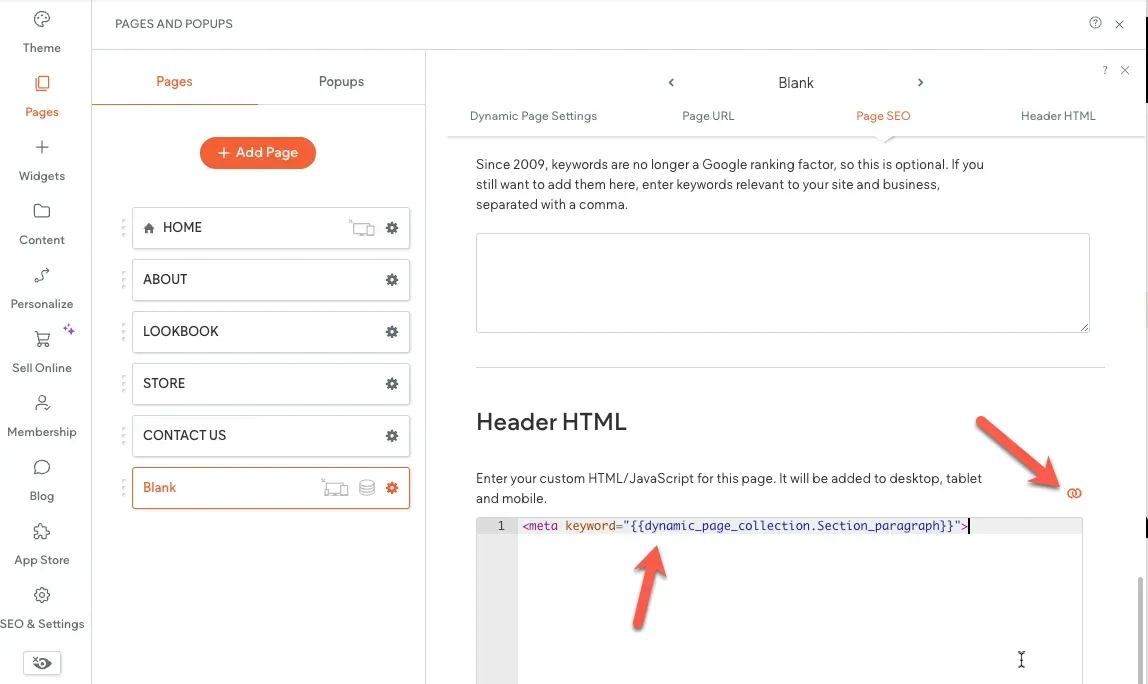
That's it for this month's Wrap Up. We hope you find these useful. Got an idea or a feature request? Stop by our Idea Board and post it.
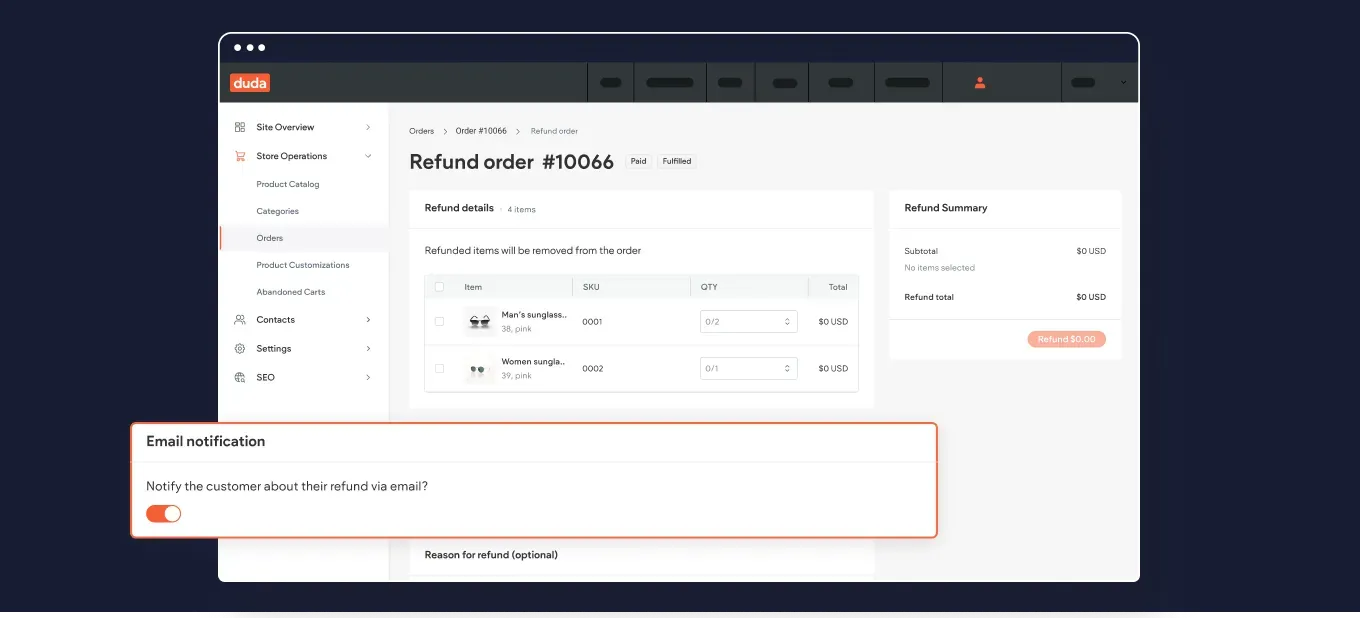
We’ve added new quick edit suggestions right into the AI Content Assistant dialog box, to allow you to shorten, lengthen, and improve text better and faster.
To give an example, if your suggested text is longer than expected, you can easily ask the Assistant to cut it short right here at the click of a button, without needing to re-select the text and open Assistant's text menu all over again.
An added bonus: these actions are also available when generating SEO meta tags for individual fields (only title or description).
We’ve added the option to quickly log in to other workspaces you might need to when working on multiple accounts.
Your Duda profile menu now includes the option to Change Workspace. Opting for this option will show you the available accounts, and clicking each of these will put you through the login to the other account.
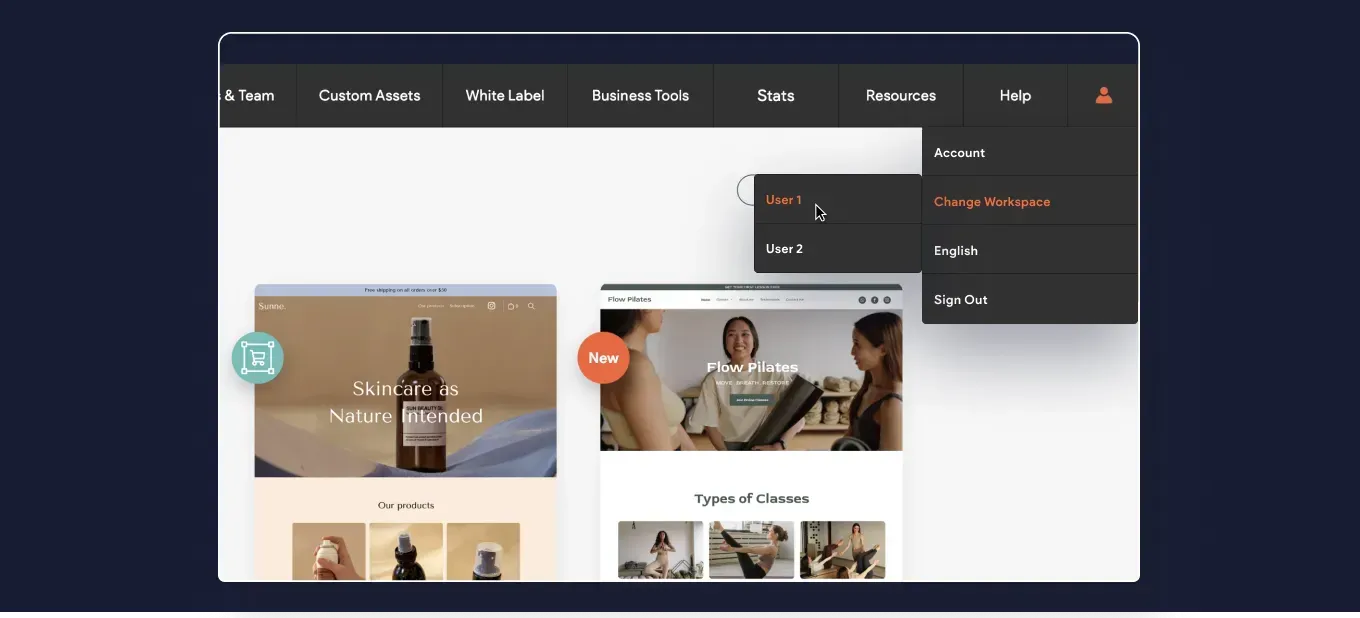
We've added the ability to add inline binding to a page's head HTML. Until now you could connect a Dynamic Page's meta title and meta description to the site’s internal collection, to dynamically show metadata for each page item.
So what’s new? You can now add other metadata, and insert custom code to the Dynamic Page's head HTML. Another option that’s now possible is to connect Content Library fields to the <head> section of regular (non-Dynamic) site pages.
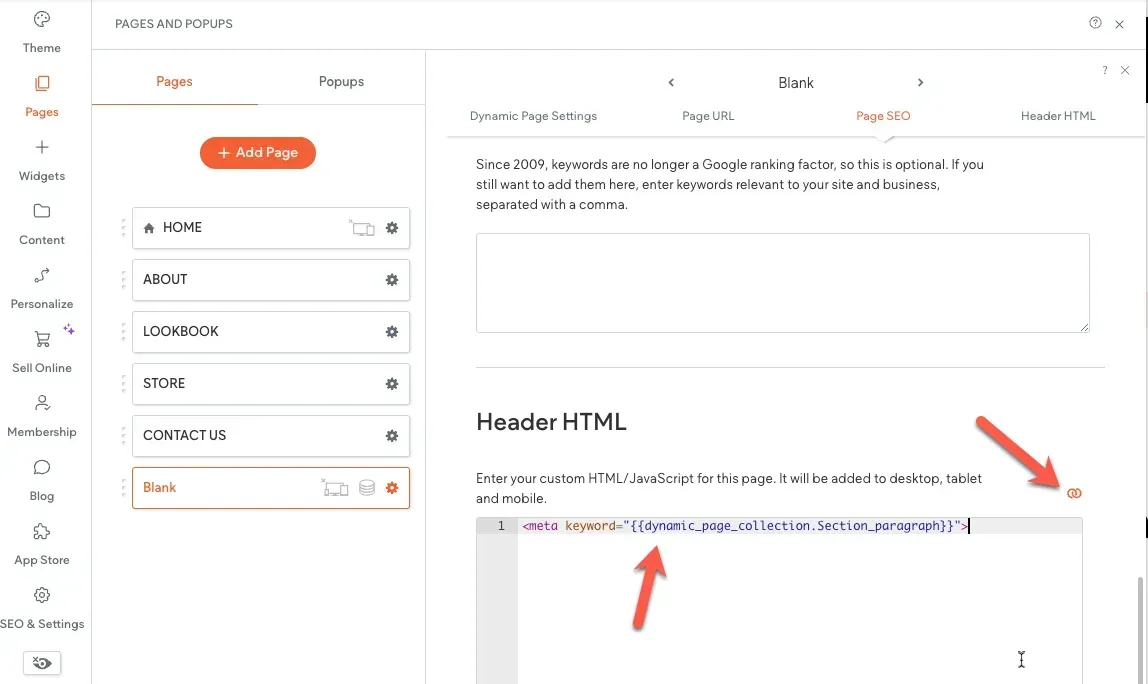
That's it for this month's Wrap Up. We hope you find these useful. Got an idea or a feature request? Stop by our Idea Board and post it.
New Paragraph
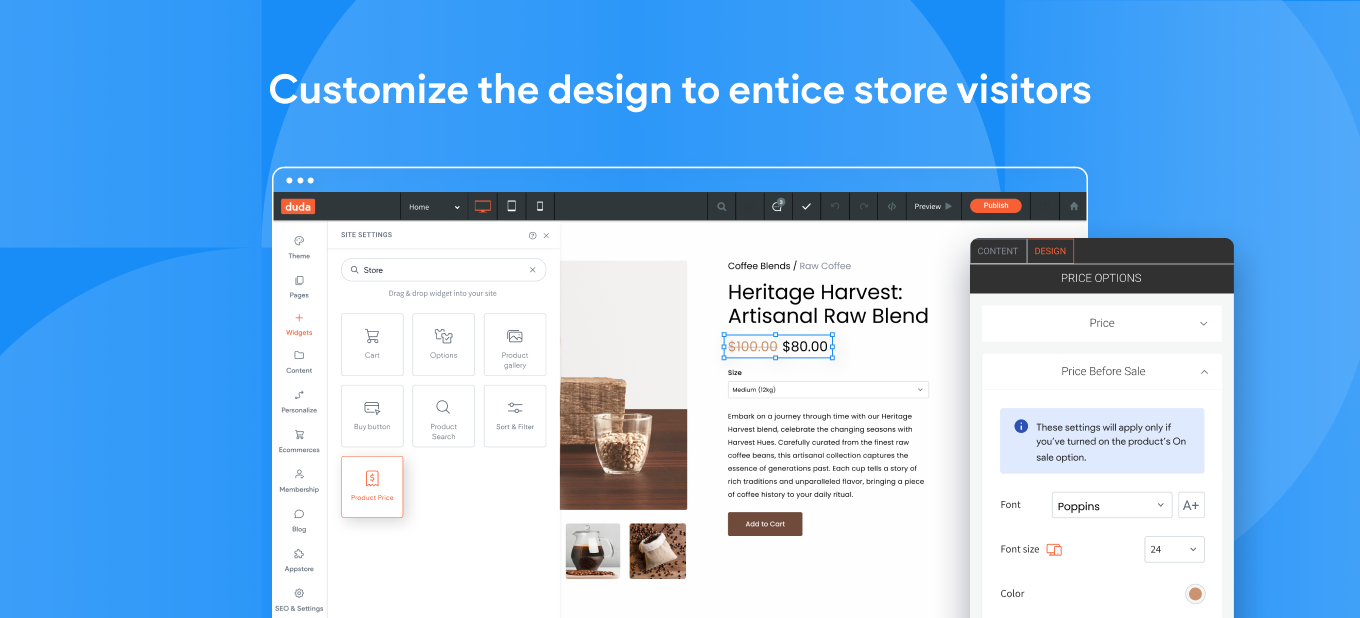
SEO Opportunities prioritizes recommendations based on potential traffic, using your unique ranking position and click-through rates. After integrating with Google Search Console, the app will provide you with a prioritized list of opportunities like title optimizations and internal link suggestions.
SEO Opportunities has a lot of features that make it worth checking out if you are interested in optimizing your site's SEO. For example, the app highlights boilerplate content that might have slipped through the review process. After moving through things like broken links or missing content, the app will also recommend title improvements and internal link suggestions. I n addition, the app's editor toolbar gives you at-a-glance SEO information about the page you are editing, without having to open another window.
SEO Opportunities will analyze 5 pages for free, and its paid plans start at $5/month.
We’ve added two Blog APIs to our library to help boost your agency’s productivity, by allowing you to automatically import and push blog content created outside of Duda into the the sites you build on the platform.
Here’s a quick demonstration made by Duda’s very own Avi Khanukaev:
With
this API, you can generate content for a blog post using external tools like AI providers to automate your blog post creation, allowing you to offer your clients content services at a much lower cost.
This API takes the RSS as the input, and you can choose between adding it to the site’s existing blog or overriding it altogether.
Within the blog section in the editor, you can easily import an external one into your site using the Import Posts option, but this capability only lets you Append the blog’s posts, meaning the imported blog will be added on top of the existing one. This API, however, gives you the additional option of overriding, meaning the existing blog is deleted and replaced by the imported one.
Your agency can reap all the fruits of integrating API into your workflow. To learn more about the ways your business can scale by leveraging the Duda API library,
get in touch.
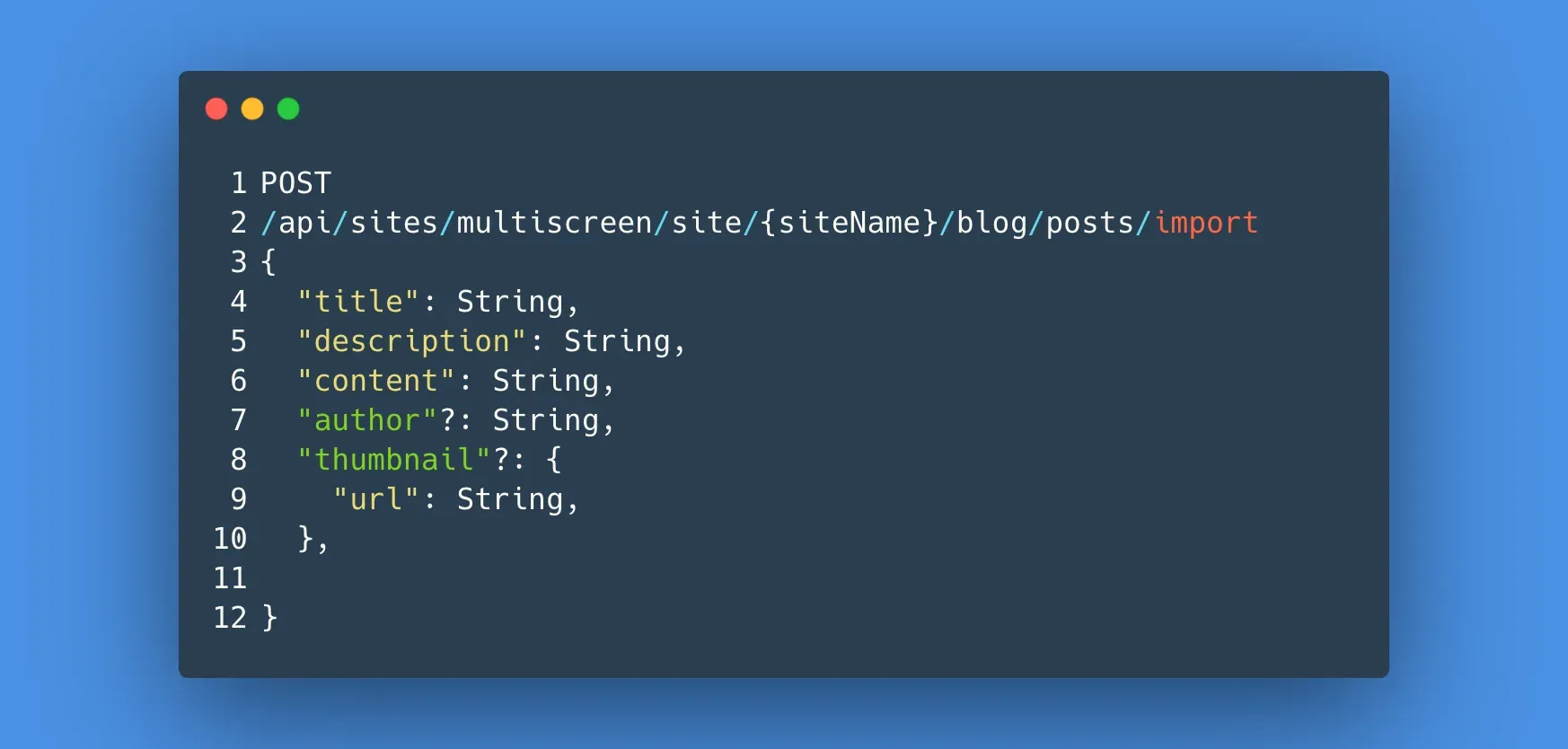
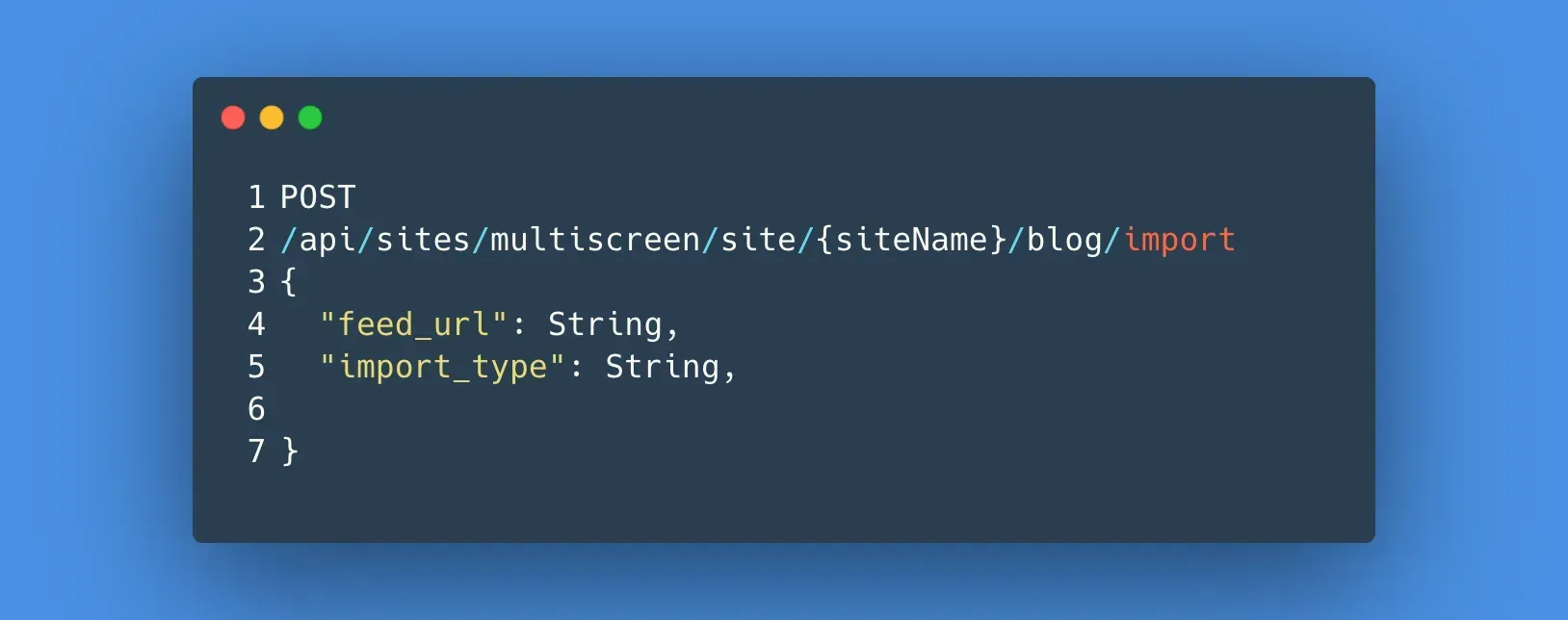
•
